On March 26, a training seminar was held on the topic “Mission Possible. Determining the Ultimate Beneficial Owner of NGOs and Charitable Organizations Under the New Rules”, with the leading experts in financial monitoring and representatives of the civic sector as the speakers. More than 200 participants joined the seminar offline and online, including representatives of leading Ukrainian banks and CSOs, notaries, audit and insurance companies, lawyers, and civil servants.
The training seminar was organized by CEDEM in partnership with the Ministry of Justice, the State Financial Monitoring Service, the Academy of Financial Monitoring and with the information support of the Independent Association of Banks of Ukraine as part of the project “Ukrainian Civil Society Sectoral Support Initiative”. The need for an open cross-sectoral dialog among primary reporting entities, CSOs, regulators and civil servants on the identification of ultimate beneficial owners was the basis of this training seminar.
The need to determine the UBOs of legal entities and provide information on ultimate beneficial owners arose as a result of Ukraine’s compliance with the requirements of the Association Agreement between Ukraine and the EU, as well as the implementation of the FATF International Financial Monitoring Standards into Ukrainian legislation.
The ultimate beneficial owner (UBO) is a natural person who, regardless of formal ownership, has the ability to exercise decisive influence over the management or business activities of a legal entity, directly or through other persons. For more information on why it is necessary to determine the UBOs, follow the link.
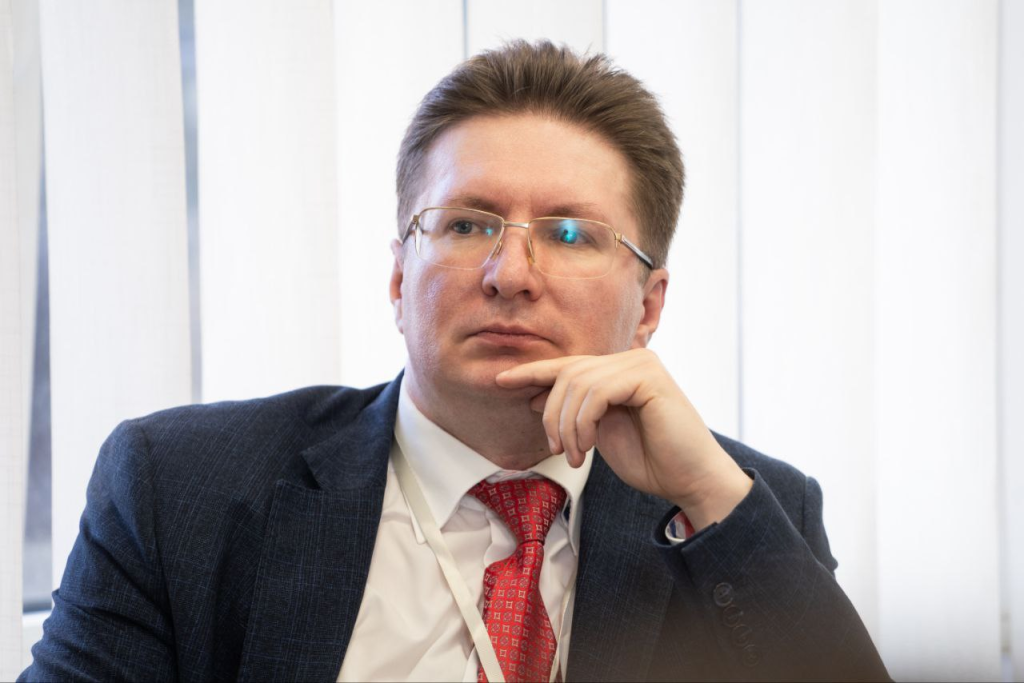
In his opening remarks, Rostyslav Marchuk, Director of the Financial Monitoring Academy, noted that the main principles of financial monitoring are the principle of transparency and the “know your client” principle. These principles are aimed at the fact that it is important to identify the ultimate beneficial owner of a legal entity when establishing business relations or before the first financial transactions. The approach to determining the UBOs in non-profit organizations is different from determining the UBOs of commercial legal entities.
Viktoriia Saman, Candidate of Legal Sciences, Head “FATF International Standards and Requirements for Determining the UBOs in Non-Profit Organizations” disclosed the retrospective of the establishment of international standards in the field of financial monitoring, provided information on the main international documents that regulate the definition of UBOs:
“Why do we need international FATF standards at all? FATF is an intergovernmental organization that provides guidelines for countries (which are soft law norms). These are the standards that every country should strive for so as not to be held accountable for the non-compliance consequences. If such guidelines are not followed, the FATF can apply certain sanctions – putting countries on the gray or black list. This reduces the country’s investment attractiveness in the international arena and narrows financial flows.”
Viktoriia Saman’s presentation is available here. Video recording of the speech is available here.
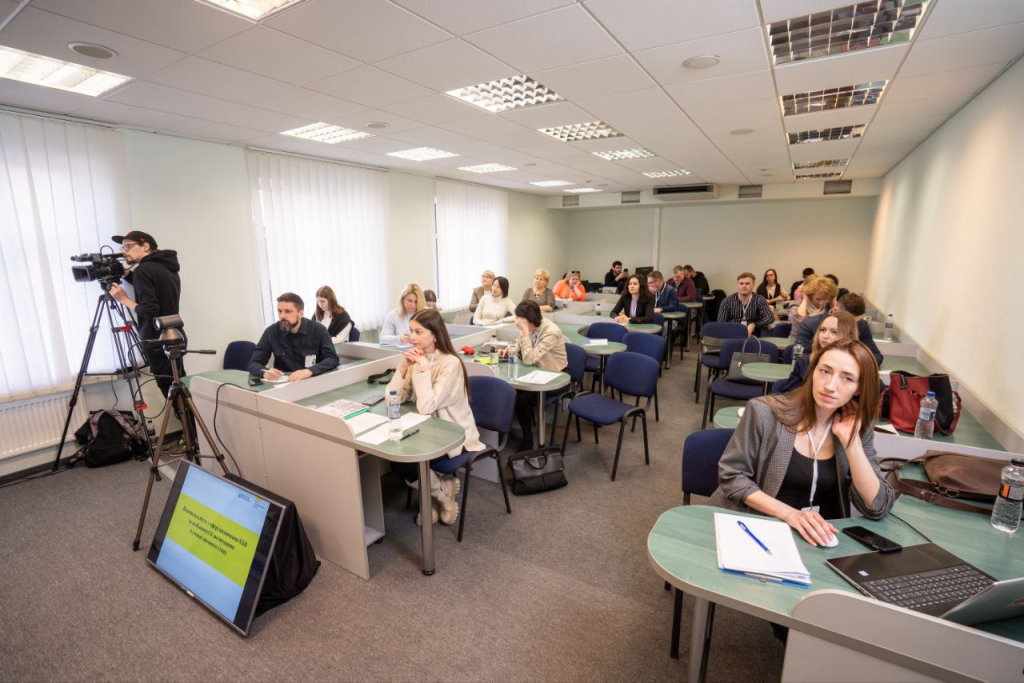
Ruslana Martyniv, an expert on ultimate beneficial ownership, noted that the topic of determining the UBO is not a new one. There were previous waves of disclosure of this information. However, having analyzed the available information in the registers, it became clear that information on UBOs from legal entities is often insufficient, irrelevant or false. It is now important to avoid a formal approach to the definition of UBOs.
“The Law On the Prevention and Counteraction of the Legalization (Laundering) of the Proceeds from Crime, Financing of Terrorism and Financing of the Proliferation of Weapons of Mass obliged the Ministry of Finance and the National Bank of Ukraine to develop a Methodology for determining UBOs to assist legal entities. This Methodology was created with the involvement of the public: corporate, financial law, civic sector specialists. The Methodology does not establish any rights or obligations, it guides, shows where to go when determining UBOs.”
Ruslana Martyniv’s presentation is available here. Video recording of the speech is available here.
The next part of the training was moderated by Anna Isichko, CEDEM Deputy Director, which dealt with the topics of responsibilities in the field of determining the UBOs and determining the UBOs in civil society organizations in Ukraine.
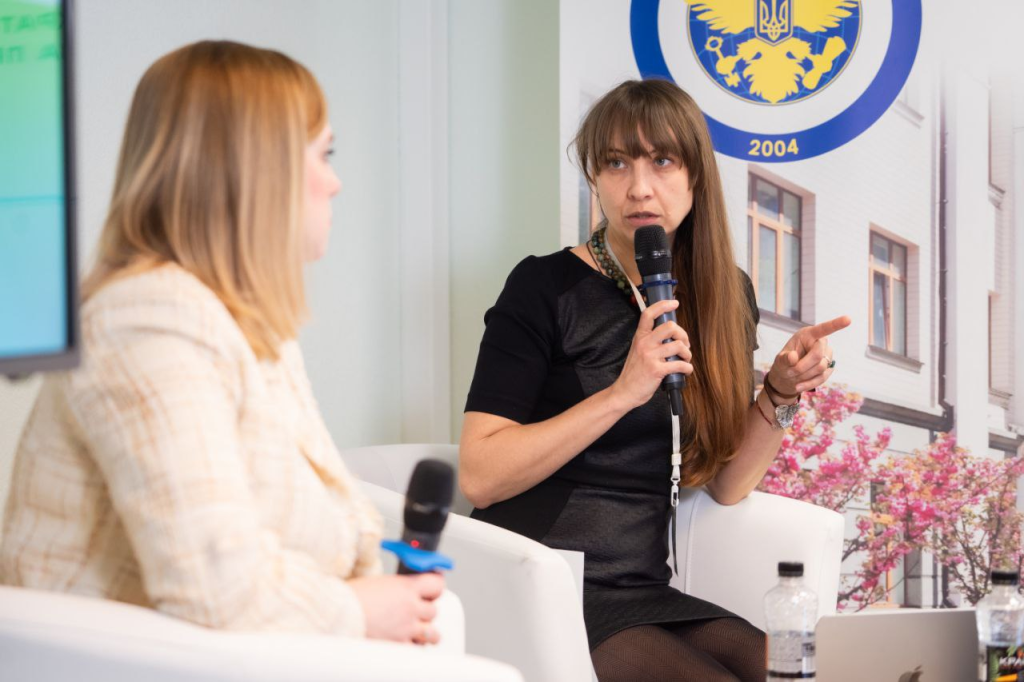
Olha Bezpalko, Deputy Director of the Department of State Registration of the Ministry of Justice of Ukraine, took into account the concerns of legal entities regarding the occurrence of liability in the field of UBOs:
“The notification procedure, which regulates the procedure for notifying the USR holder on the discovery of discrepancies regarding UBOs, was to come into force on April 1, 2024. However, it was postponed by the Order of the Ministry of Justice. Thus, the obligation of the PREs to report on the detected discrepancies will arise on September 1, 2024. Also, on September 1, the procedure of verification and prosecution in case of discrepancies will be launched.
All legal entities are required to have information on the ultimate beneficial owner, or lack of ultimate beneficial owner, and the ownership structure of the legal entity. Such information must be available in the register, must be reliable and must be kept up to date.”
Olha Bezpalko’s presentation is available here. Video recording of the speech is available here.
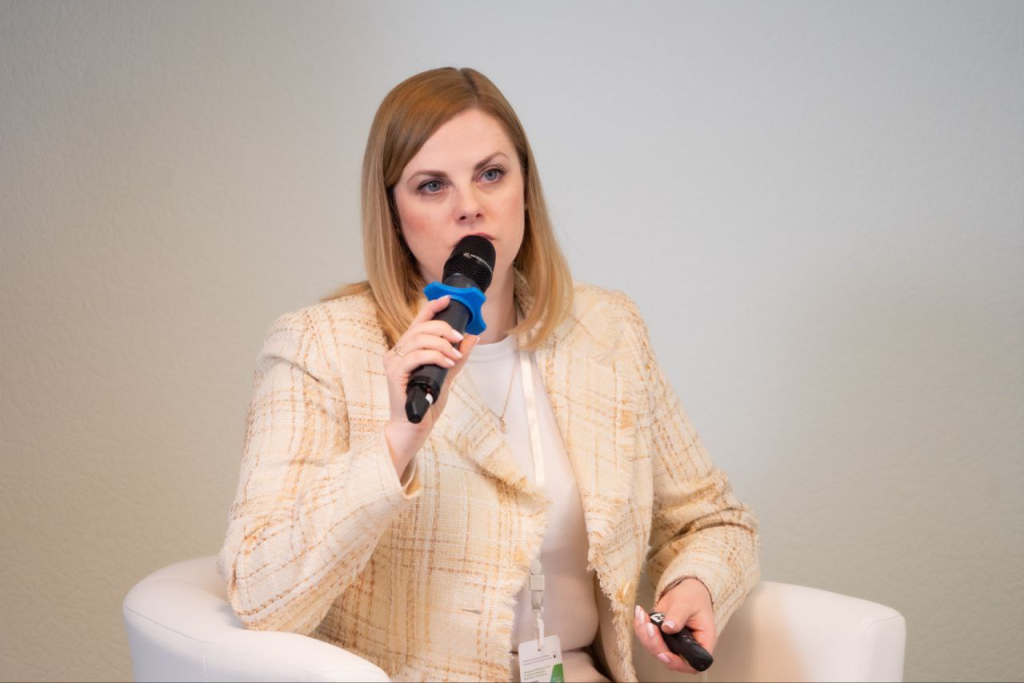
Mariia Poloz, CEDEM lawyer, concluded the seminar with the topic “Determining UBOs in Civil Society Organizations in Ukraine”.
“Being the representatives of the civic sector, we understand the potential problems that may arise when the mechanism for determining UBOs becomes fully operational. Sooner or later, the mechanism will work, and by that time, we would like to achieve a unified understanding of the civic sector, regulators, and primary reporting entities as to how we define the UBOs.
I understand the PREs’ concerns because the regulators hold you accountable for monitoring, including penalties when these measures are not properly implemented or not implemented at all. We [as a non-profit sector] would like to avoid de-risking (when a client is refused cooperation or provision of a certain service due to a risk).”
Mariia Poloz’s presentation is available here. Video recording of the speech is available here.

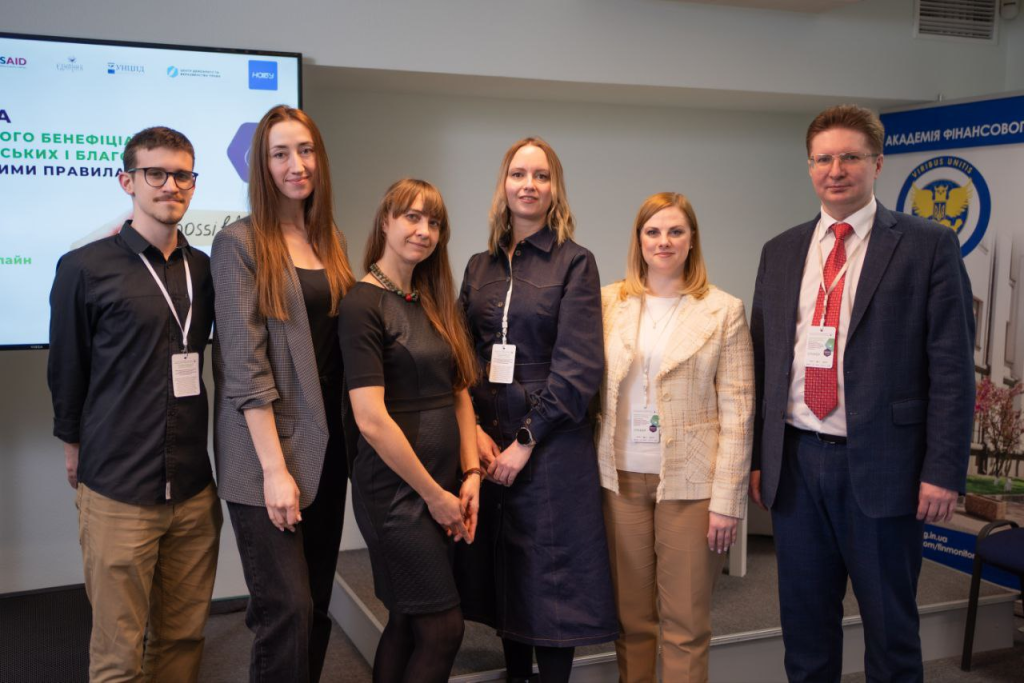
This material was prepared by CEDEM as part of the Project Ukraine Civil Society Sectoral Support Activity implemented by the Initiative Center to Support Social Action “Ednannia” in partnership with the Ukrainian Center for Independent Political Research (UCIPR) and Centre for Democracy and Rule of Law (CEDEM) with the sincere support of the American people through United States Agency for International Development.



